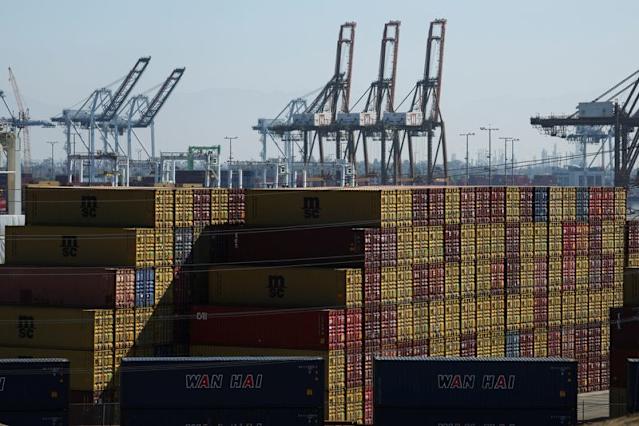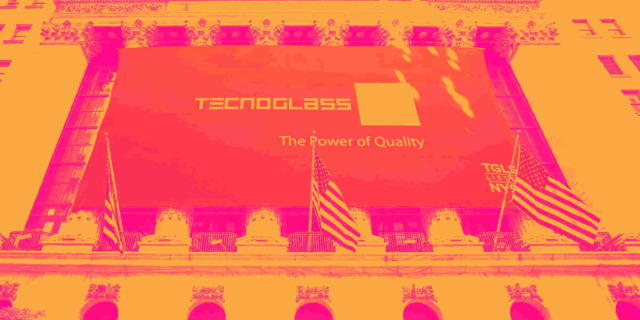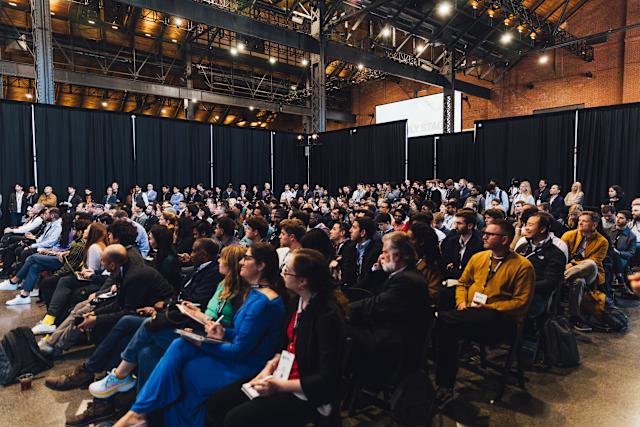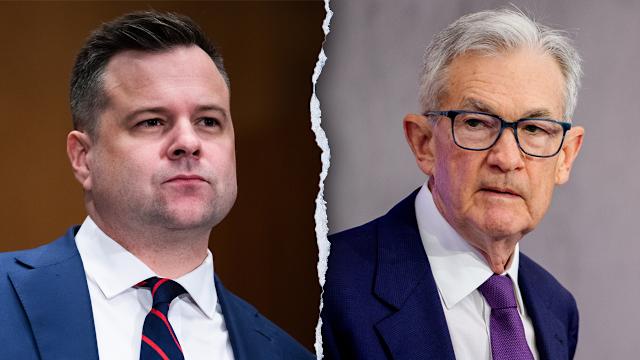
By Lewis Krauskopf
NEW YORK (Reuters) -Investors awaited tariff news between the U.S. and European Union on Friday that could add a potentially volatile development to the end of a week in which President Donald Trump reignited his global trade war.
The European Union was bracing for a possible letter from Trump outlining planned duties on the United States' largest trade and investment partner. The U.S. president this week outlined new tariffs on U.S. imports of goods from a number of countries, including allies Japan and South Korea, along with a 50% tariff on U.S. imports of copper. Trump also announced a hike to 35% on Canadian goods.
The EU initially hoped to reach a comprehensive trade deal, but after months of difficult talks, a person with knowledge of the U.S.-EU talks said it was hard to predict if the bloc would receive a letter announcing more tariffs or when any agreement might be finalised.
"We get bad news from the euro zone ... and that's clearly going to be bad news for markets and sentiment," said Art Hogan, chief market strategist at B Riley Wealth.
Pharmaceuticals and autos are among the areas in focus between the U.S. and Europe, while "across the board, we do a massive amount of trade," Hogan said.
"Right when we thought we had the exit on this trade war highway in sight, it's getting further off in the distance, and it's not looking prettier," Hogan said, speaking broadly.
Despite some modest rockiness this week, the benchmark S&P 500 ended down just 0.3% on the week and not far from record-high levels. U.S. stocks have rebounded after plunging in April following Trump's "Liberation Day" announcement of sweeping global tariffs. Trump had paused many of those steep tariffs but issued new levies this week with an August 1 date for them to go into effect.
The CBOE Volatility Index, Wall Street's "fear gauge," closed on Thursday at 15.78, its lowest closing level in nearly five months, although it moved back above 16 on Friday.
While markets are less sensitive to headlines than a few months ago, "we will need some positive trade developments by the White House's August 1 deadline to hold recent equity market gains," Citi strategist Scott Chronert said in a note on Friday.
The current weighted average tariff in the U.S. is about 16%, up from 2.5% at the start of the year, UBS economists said on Friday. The rate would rise to about 18%, including the country tariffs announced in this week's letters, UBS said in a note.
Story continuesThe UBS economists noted the rate for the EU proposed on the April 2 "Liberation Day" was double the rate currently faced by the bloc.
"That increase alone would add nearly (1 percentage point) to the weighted average tariff rate," UBS said.
(Reporting by Lewis Krauskopf; Editing by Rod Nickel)













